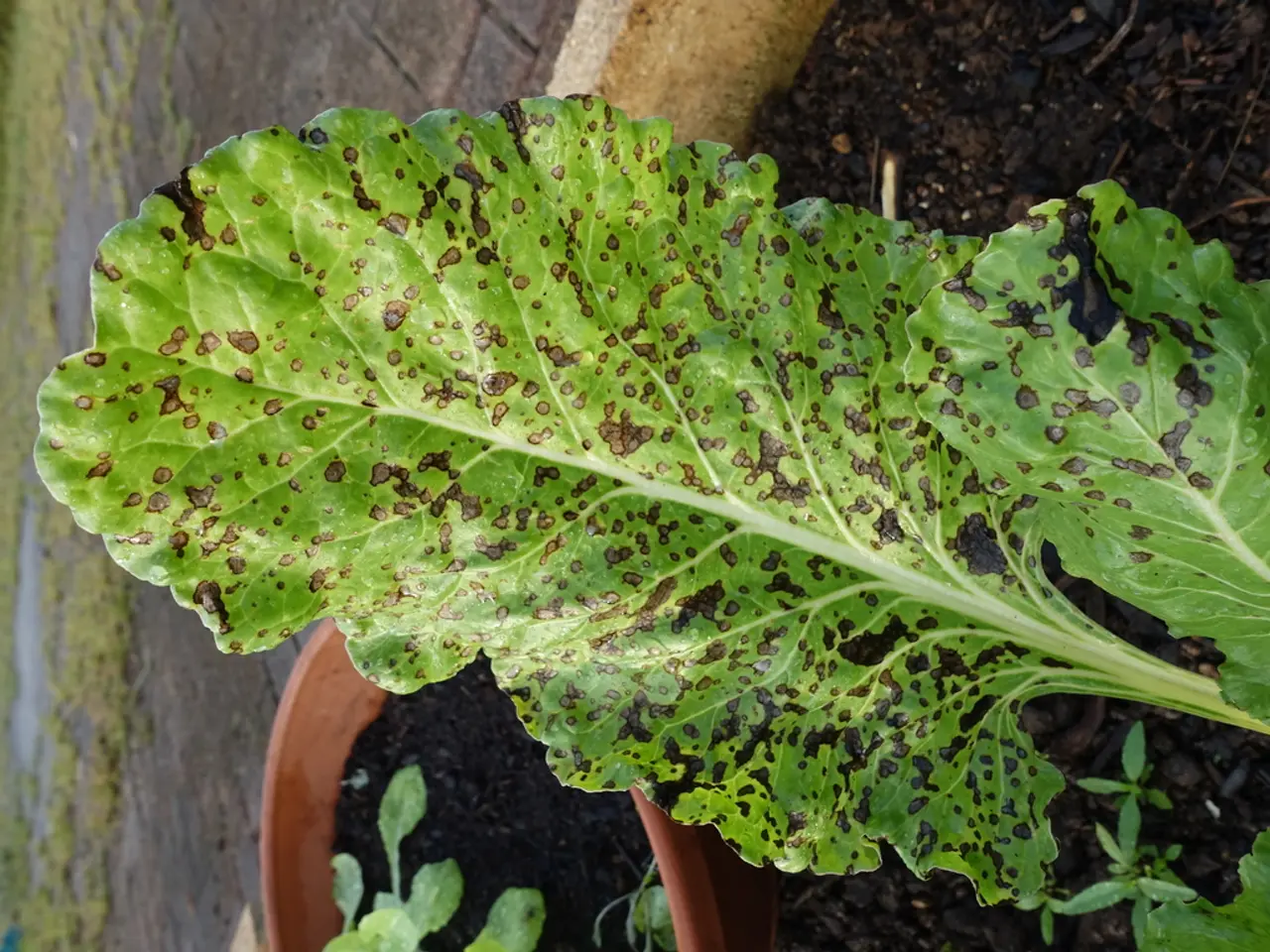Blackcurrant Growers: Chlorine in Fertilizers Damages Plants and Reduces Yields
Blackcurrant growers face challenges with chlorine in fertilizers. Excess chlorine harms plants and reduces yields. Proper care and alternative fertilizers can help overcome these issues.
Chlorine in fertilizers, particularly potassium chloride and potassium salt, damages blackcurrants. It slows leaf growth, causes purple-brown spots, and hardens stems, reducing frost resistance. Chlorine accumulates in soil, harming cell membranes and disrupting photosynthesis. Overfertilization with chlorine reduces fruiting, making berries smaller and less juicy. Regular soil processing, mulching, and liming help reduce salt accumulation and normalize pH. Pig manure is also unsuitable as it decays poorly and increases acidity and salt concentrations. Instead, use chlorine-free potassium fertilizers like potassium sulfate or organic fertilizers. German manufacturers offer low-chlorine potassium fertilizers, such as Yara, BASF, K+S Kali GmbH, COMPO, and EuroChem. Monitor fertilizer composition to avoid high salt content and consult manufacturers or agricultural advisors for the latest products.
Excess salt in fertilizers harms blackcurrants and reduces yields. Growers should use alternative, low-salt fertilizers and maintain soil health to optimize plant growth and fruiting.




